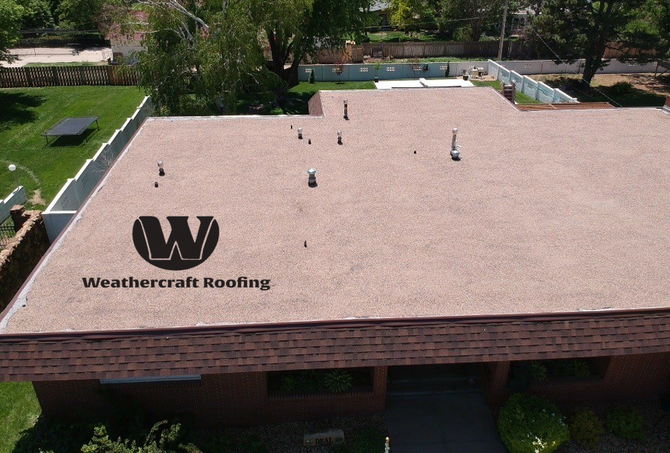When it comes to your business property, the roof is one of the most important aspects to consider. Not only does it protect your building from the elements, but a strong, durable roof can save you significant repair costs and even improve energy efficiency. In this guide, we’ll explore the best materials for commercial roofing and why investing in quality roofing is essential for long-term success.
How to Identify Your Commercial Roofing Needs
Commercial roofs have unique requirements compared to residential roofs. Factors such as climate, building type, and business operations play a major role in determining the best roofing system. Whether you’re managing a warehouse, office, or retail space, identifying your specific needs will help you select the right roof for your property.
Choosing the Right Materials for Your Commercial Roof
When selecting a roofing material for your commercial property, you have several excellent choices. Each material has its own set of benefits, tailored to different needs and budgets.
First Choice: Metal Roofing
Metal roofing is highly favored for commercial properties because of its long-lasting durability and energy-saving features. Available in materials such as steel or aluminum, metal roofs can handle extreme weather and provide excellent leak protection. Plus, their reflective surface can reduce cooling costs during the hotter months.
2. Flat Roofs
Many commercial properties use flat roofs due to their cost-efficiency and easy installation. Flat roofs are especially well-suited for modern buildings, with materials like TPO, EPDM, and PVC offering excellent waterproofing and insulation. Regular maintenance and good drainage practices help extend their lifespan.
Third Option: Shingle Roofing
Shingle roofing is not as common for large commercial buildings, but it can be a good choice for smaller properties or those that need a traditional look. Asphalt shingles are affordable and come in various colors and styles, though they don't offer the same longevity as metal or flat roofs.
Roof Installation: Best Practices and Maintenance Tips
Once you've selected the right material for your commercial roof, the next step is installation. Hiring an experienced, licensed roofing contractor ensures the job is done correctly. Proper installation is crucial for preventing leaks and maximizing the lifespan of your roof.
Ongoing maintenance is critical to keeping your roof in top shape. Regular inspections—especially after severe weather—are recommended. Check for any damage like missing shingles, cracks, or water pooling. Clean gutters and remove debris regularly to prevent potential long-term issues.

How Investing in a Quality Roof Protects Your Business
Investing in a quality roof pays off in the long run. A well-constructed roofing system shields your property from leaks, which can lead to costly damage to your building and assets. Additionally, it improves energy efficiency, cutting down on operating expenses and boosting your property's value. Proper maintenance ensures you avoid future costly repairs.
Conclusion: Choosing the Right Commercial Roofer
Choosing the right roofing contractor is just as important as selecting the best materials. Look for a licensed, experienced roofer who understands commercial properties and can help you select the best solution based on your business needs. A great contractor will also guide you through the installation and maintenance process to keep your roof in top shape for years to come.
Thinking about upgrading your commercial roof? Get in touch with us today for a free consultation, and let us guide you through the best roofing options for your property.
#CommercialRoofing #RoofingMaterials #BusinessProtection #MetalRoofing #FlatRoofing #RoofInstallation #EnergyEfficiency #RoofMaintenance